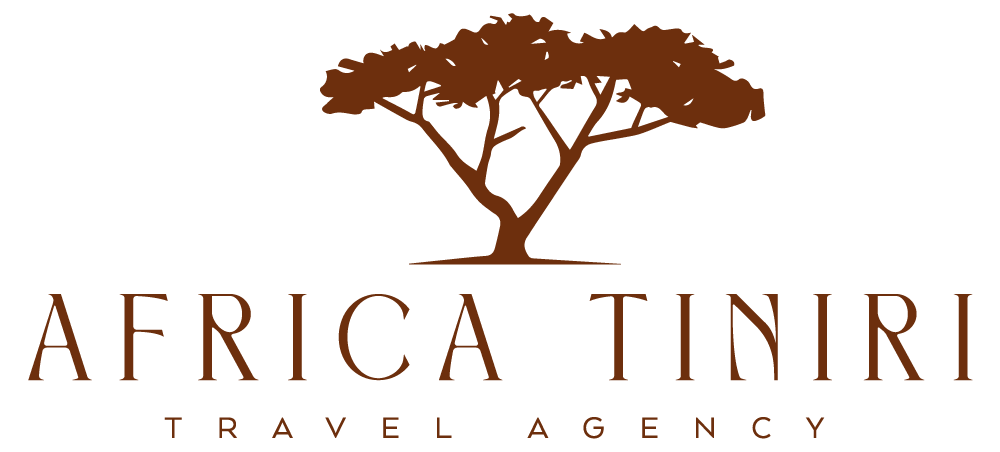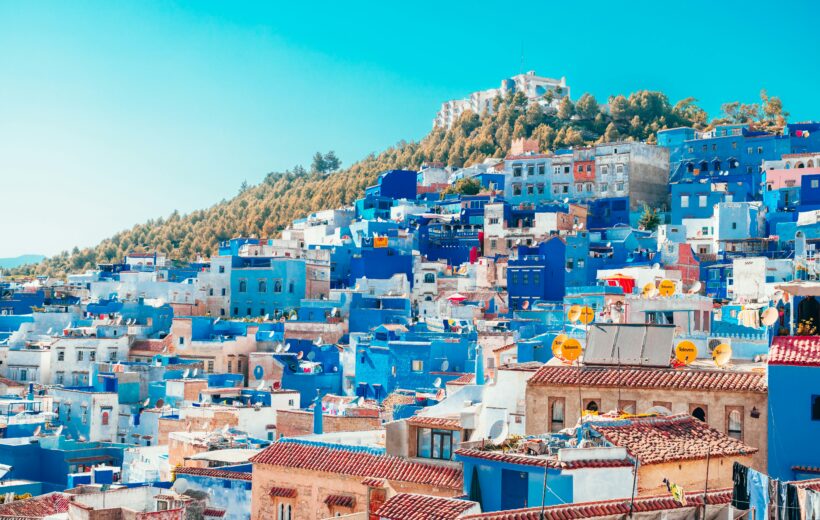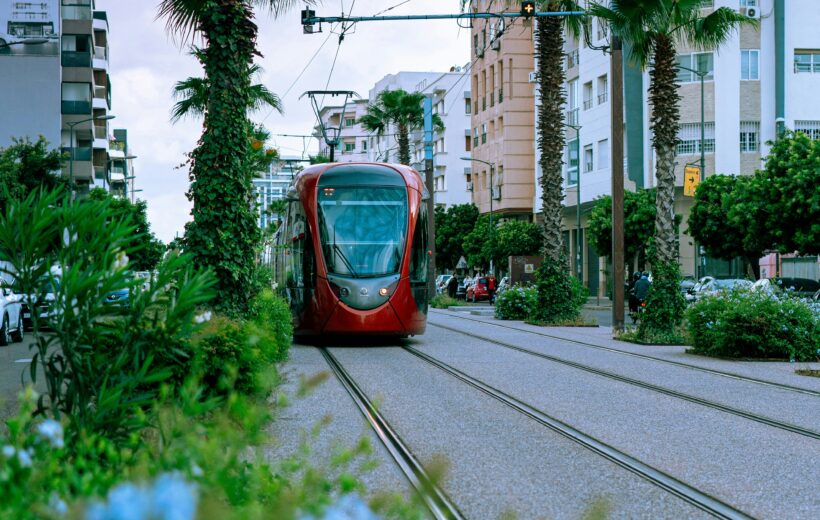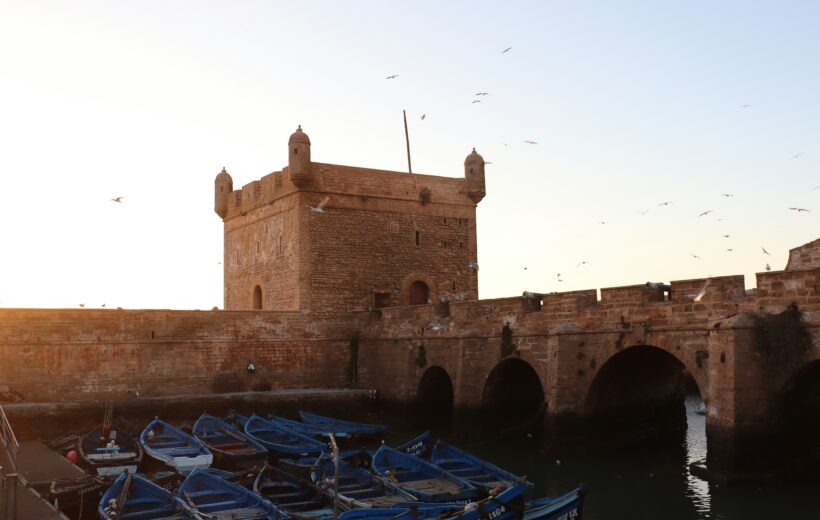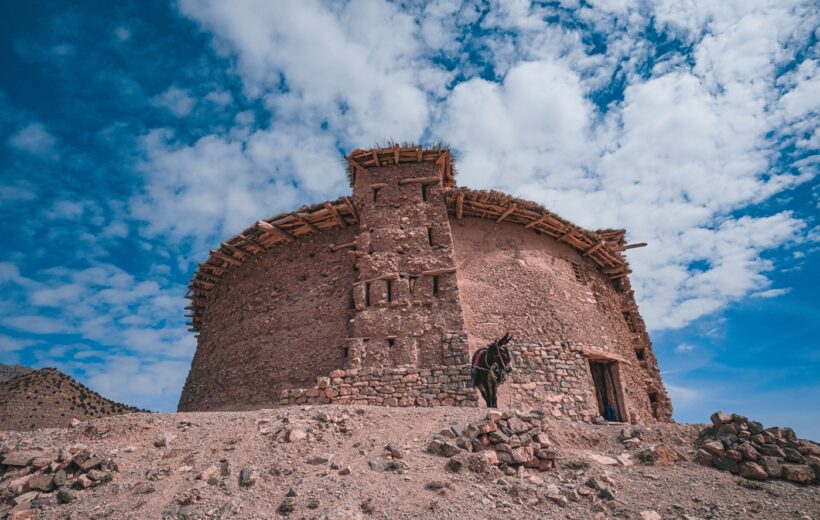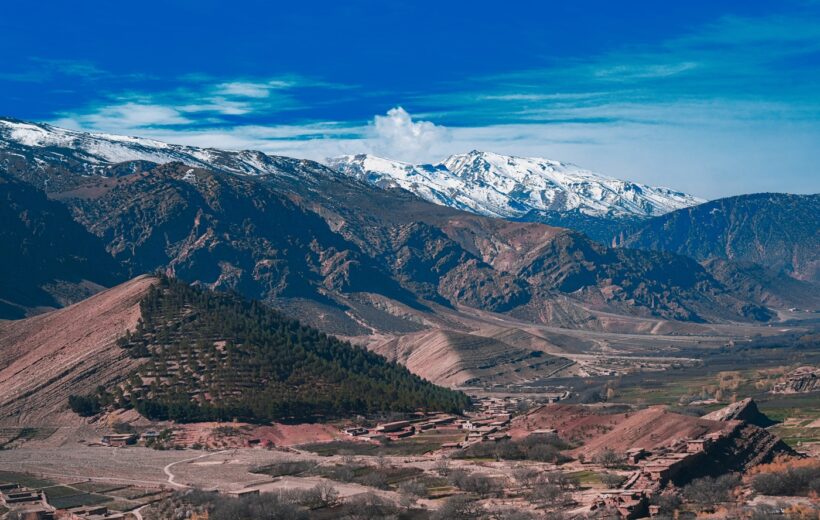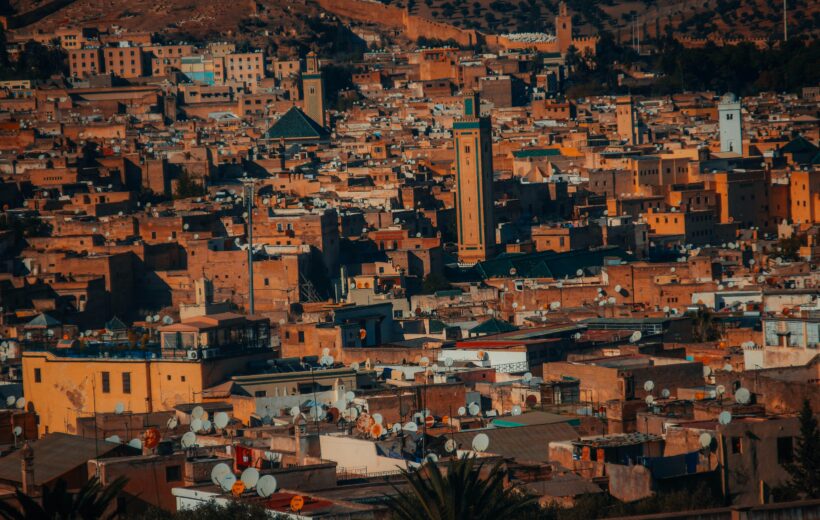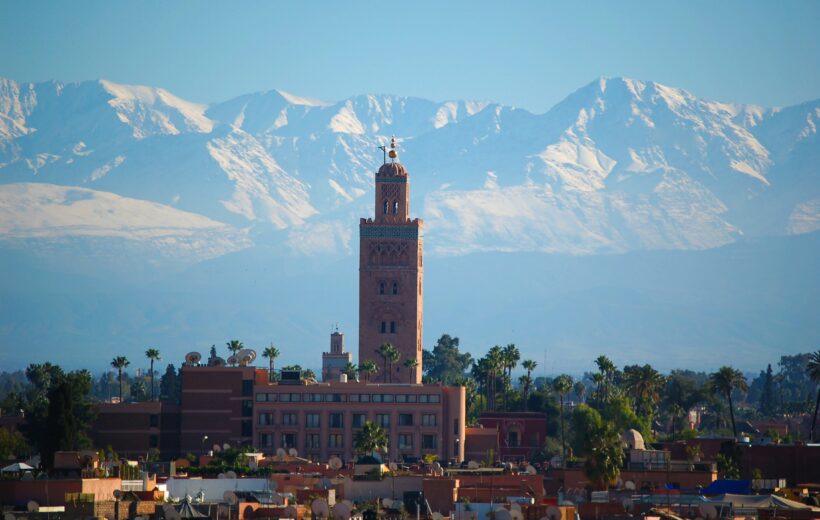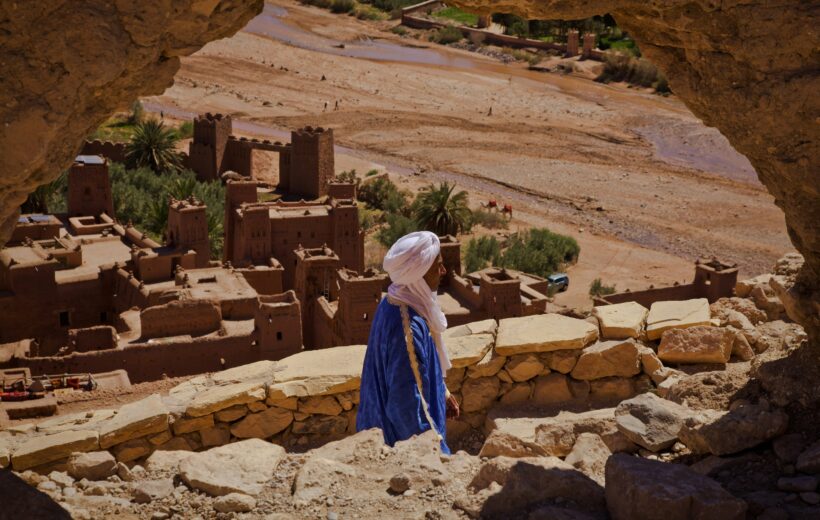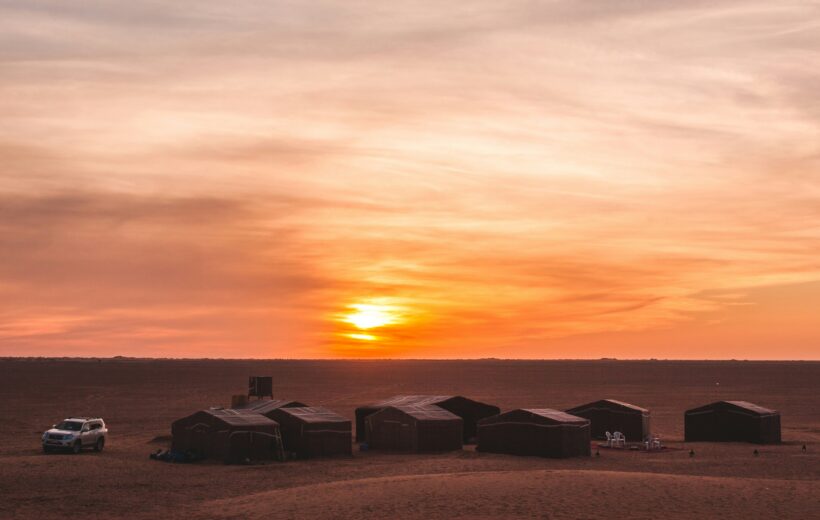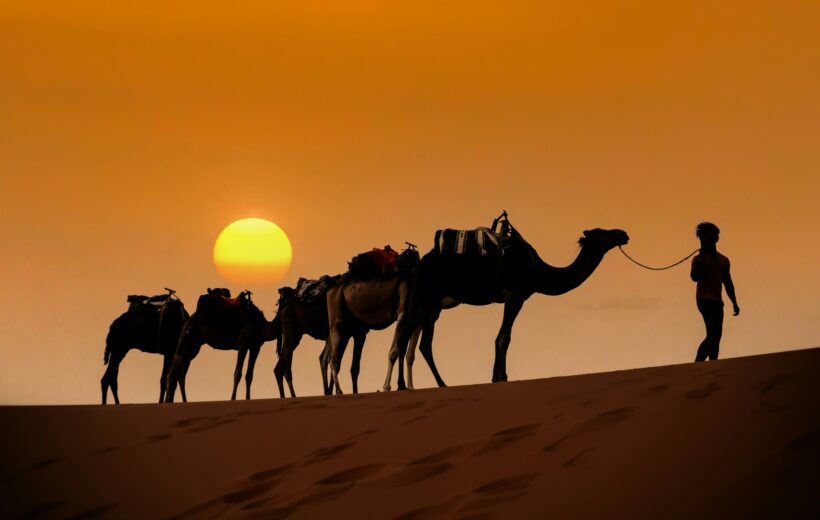AFRICA TINIRI TRAVEL
Tours
FAQs For Tour Packages
Morocco is a safe and secure destination for tourists, and it continues to be a country where visitors can immerse themselves in rich culture, history, and natural beauty with peace of mind. However, If you choose an unreliable travel company or visit questionable areas, you might encounter unexpected issues.
To enter Morocco, your passport must be valid for at least six months beyond your departure date and have at least one blank page; damaged passports may be denied. Many nationalities, including U.S. and UK citizens, can stay visa-free for up to 90 days, with extensions available through local police. No mandatory vaccinations are required, but travelers should be ready to show proof of funds, a return ticket, and accommodation details. Always ensure your passport is stamped on arrival. Entry rules can change, so check with official sources before your trip.
Morocco uses the Moroccan Dirham (MAD), with coins and banknotes commonly used for daily transactions. It’s best to exchange money at official offices or banks in the city, avoiding airport kiosks due to poor rates. Dirhams can’t be taken out of the country, so exchange leftovers before departure. While credit cards are accepted in cities, cash is preferred in markets and rural areas, and tipping is appreciated. Always handle money carefully, avoid street exchangers, and keep receipts for any currency exchanges.
Absolutely, We specialize in creating personalized travel experiences. Whether you’re looking to explore Morocco’s vibrant cities, venture into the Sahara Desert, or discover hidden gems off the beaten path, we can customize your package to suit your interests, preferences, and schedule. Our goal is to craft the perfect itinerary that makes your trip truly unique and tailored just for you. Feel free to share your ideas, and we’ll work with you to bring them to life.
We recommend booking as early as possible to ensure the best availability, especially during peak travel seasons like spring and fall when demand is higher. Early booking gives us more time to customize your trip to perfection and secure accommodations and activities that fit your preferences. However, if you’re planning a last-minute adventure, don’t hesitate to reach out – we’ll do our best to accommodate your needs! The sooner you book, the smoother and more tailored your experience will be.
Tourists in Morocco can easily get prepaid SIM cards from major providers like Maroc Telecom, Orange, and Inwi, with affordable plans and good 3G/4G coverage in cities. SIMs are available at airports, shops, and official outlets, with simple top-up options. Morocco uses 220V electricity with Type C and E plugs, so travelers from countries with different systems should bring appropriate adapters. Devices from 110V regions may also need a voltage converter. Preparing the right tech gear ensures smooth connectivity and device use during your trip.
Overall you are free to wear what ever you like as Morocco is a relatively liberal country. However, modesty in dress is appreciated, particularly in rural areas or religious settings such as mosques or more conservative regions.
Morocco is a linguistically diverse country with a rich history that has shaped its language landscape. The main languages spoken in Morocco are Arabic and Amazigh (berber).the Moroccan arabic( Darija) is a mix of Arabic, Berber, French, and some Spanish, and it can be quite different from formal Arabic. There are several Berber dialects, such as Tashelhit,Tarifit, and Tamazight, each spoken by different Berber groups. French is also widely spoken in Morocco, especially in cities, businesses, and among the educated population. While English is increasingly spoken, especially in tourist areas, hotels, and restaurants.
While tap water is treated in cities, bottled water is recommended, especially in rural areas. Morocco offers many vegetarian and vegan dishes like vegetable tagines and fresh salads, with an abundance of seasonal fruits available from street vendors. Travelers with dietary restrictions should be cautious—gluten and dairy are common, so it’s important to communicate needs in advance. Gluten-free and lactose-free options are more accessible in major cities. Informing your guide about any special dietary needs helps ensure a smoother experience.
